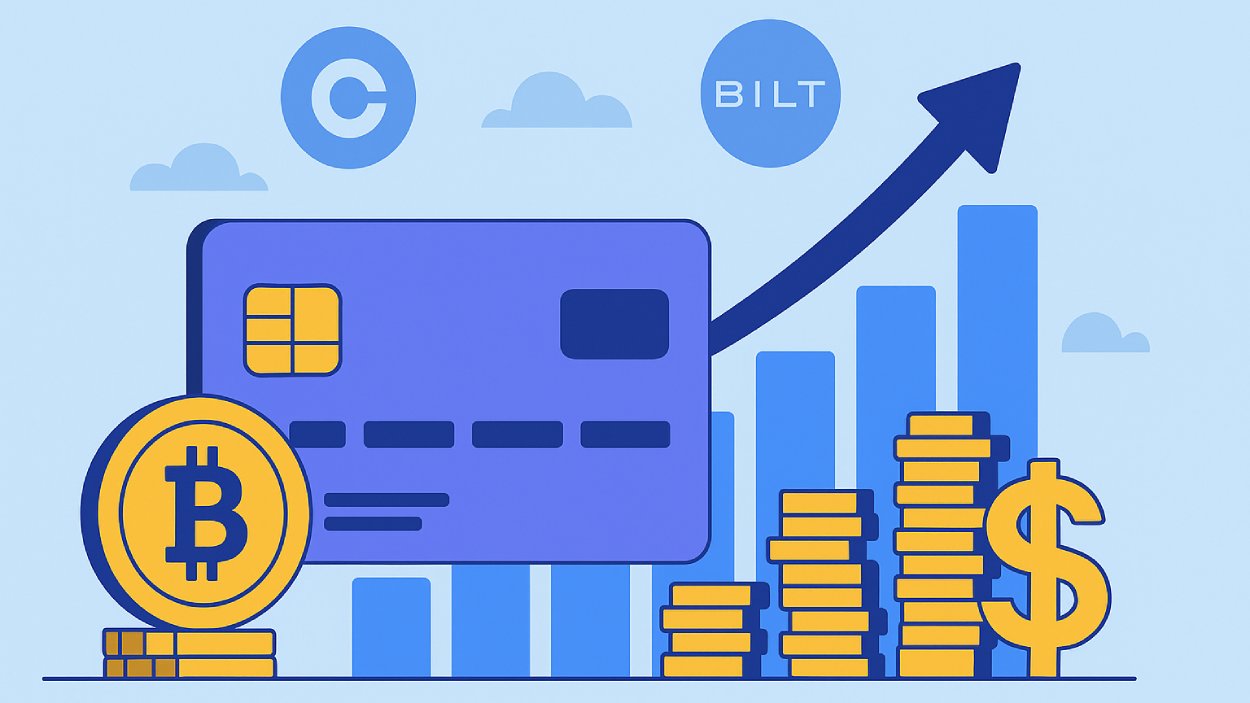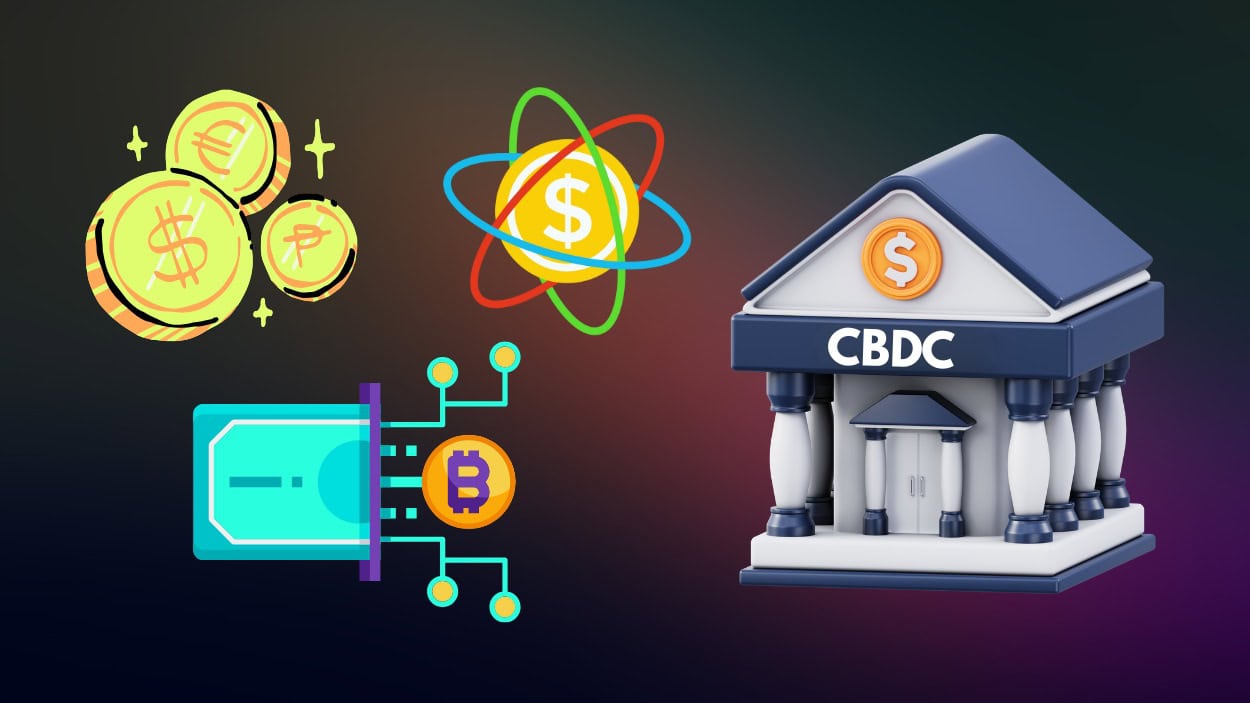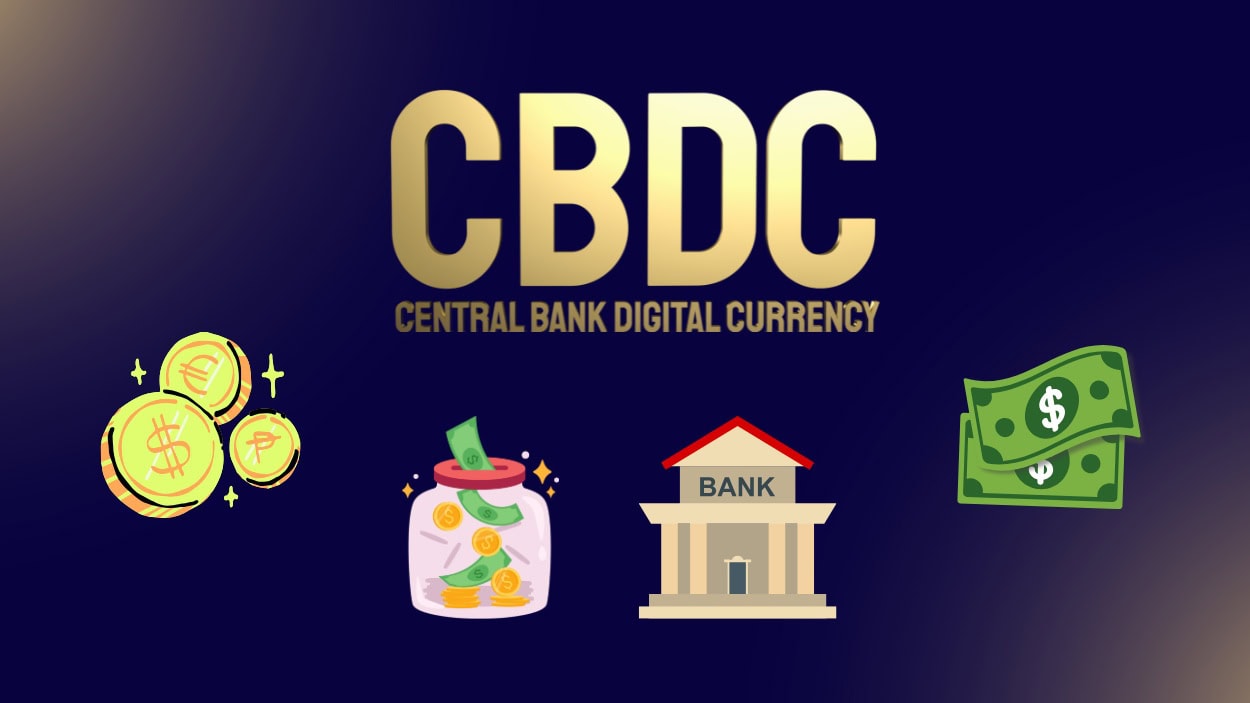San Francisco-based fintech Cardless has raised $60 million in a Series C round, aiming to expand its co-branded credit card programs and accelerate its revenue growth.
Key Takeaways
- Cardless raised $60 million in Series C funding, bringing its total funding to $170 million.
- The fintech is scaling its credit card offerings with clients like Coinbase, Bilt, Qatar Airways, and Alibaba.
- Transaction volume grew 400 percent, and revenue increased 10x year-over-year.
- The company is targeting $150 million in annualized revenue by mid-2026 and aims to reach profitability by year-end 2026.
What Happened?
Cardless secured a fresh $60 million in Series C funding led by Spark Capital, with participation from Activant Capital, Industry Ventures, and Pear VC. The funding will support the company’s efforts to expand existing card programs, launch new partnerships, and grow its internal team.
Founded in 2019, Cardless has quickly carved a niche in the co-branded credit card market by offering an API-powered platform that allows brands to launch their own credit cards without relying on legacy banks.
We’re excited to announce our $60M Series C today, led by @sparkcapital and @willreed_21.
— Cardless (@cardless) September 22, 2025
Cardless is building the infrastructure for a new era of financial products – allowing companies to build and ship credit cards like any other product, and design embedded experiences that… pic.twitter.com/n9kXO95AAP
Cardless Targets Rapid Scaling with New Capital
With this new funding, Cardless plans to double its current headcount of 50 employees over the next 6 to 12 months and bolster its technical and compliance teams to support scaling. The company’s goal is to reach $150 million in annualized revenue by Q2 2026, up from $15 million in mid-2025.
The fundraising round, which began in June and concluded in August, did not disclose a company valuation. However, Cardless President and Co-Founder Michael Spelfogel confirmed that the company is aiming for profitability by the end of 2026.
“Cardless puts companies in control to deepen loyalty, boost revenue, and deliver rewards people actually use,” said Spelfogel. “Over the next decade, financial services will move inside the brands consumers already love.”
Coinbase and Bilt Partnerships Drive Growth
Two major clients, Coinbase and Bilt, have been instrumental in driving Cardless’s explosive growth. The company reported a 10x increase in revenue and a 400 percent surge in transaction volume over the past year.
- Coinbase’s co-branded credit card, launched with Cardless, offers up to 4 percent in Bitcoin rewards tied to account activity. The seamless integration into the Coinbase app drives higher engagement and has proven more effective than traditional bank offerings.
- Bilt Technologies, a fintech focused on rent rewards, switched from Wells Fargo to Cardless as its issuing platform. The updated Bilt card offers tailored perks for renters and homeowners, highlighting Cardless’s ability to customize experiences and scale rapidly.
A New Approach to Embedded Credit Cards
Cardless offers a full-stack solution that allows brands to build their own card programs. The company handles underwriting, compliance, and servicing, while clients retain full control over the user experience. Unlike legacy bank partners that may take up to 18 months to launch a card, Cardless enables launches in as little as 90 days.
Spelfogel explained, “We build infrastructure to enable brands to put their credit card directly in their ecosystem. That decreases friction, increases conversion, and ultimately makes the brand more money.”
Current clients include Coinbase, Bilt, Alibaba, and Qatar Airways, and Cardless’s issuing partner is First Electronic Bank, based in Salt Lake City.
CoinLaw’s Takeaway
I’ve seen plenty of fintechs promise transformation, but Cardless is actually doing it. They’re not just shaving time off card launches. They’re letting brands take full control of the financial experience. The Coinbase and Bilt partnerships aren’t just big names. They prove that embedded finance, when done right, can create real engagement and revenue. If Cardless hits that $150 million revenue target, it won’t just be a fast grower. It will be a category leader.


































